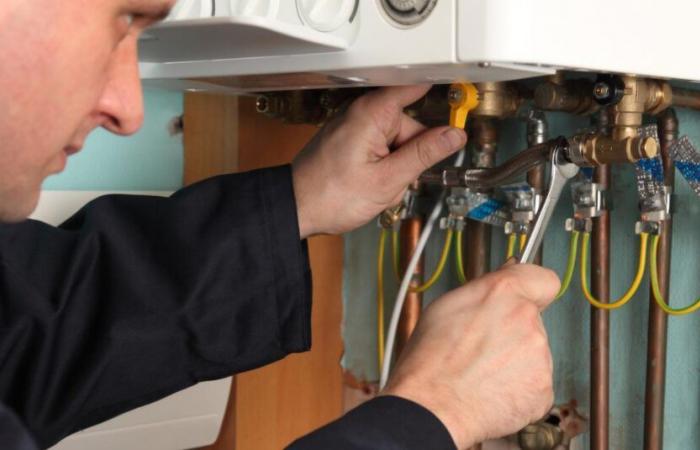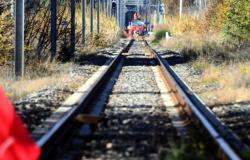Although the natural gas boiler is popular with many households for its practicality and affordable cost, it is often criticized for its role in CO2 emissions. This situation suggests that his days are numbered. However, it seems premature to write his eulogy.
In Belgium, the natural gas boiler remains essential. More than six out of ten households use it to heat their homes. Over the past ten years, the country has recorded 400,000 new connections to the gas network, bringing the total to 3.6 million.
According to Didier Hendrickx, expert at Gas.be, “until 2022, around 200,000 gas boilers were installed each year in Belgium. In 2023, due to the energy crisis, sales fell to 160,000 units, but this year they increased by 5%. We still sell four times more gas boilers than heat pumps. »
Electricity, too expensive to convince
This comeback of the gas boiler contrasts with Belgium's climate objectives, which aims for carbon neutrality by 2050. Heating buildings still represents a third of carbon emissions. So why does this solution remain so popular compared to more ecological alternatives like the heat pump? The answer is above all financial.
Despite energy efficiency three to four times higher than that of gas boilers, the heat pump suffers from high costs: electricity costs much more than gas, and the initial investment is three to four times higher. In the short term, these elements make the gas boiler more profitable, although its environmental impact is unfavorable.
A transition still uncertain
In the years to come, the situation could change. Europe plans to introduce a carbon tax from 2027, which could increase the annual bill for households heated with natural gas by 700 euros.
In Flanders, tax measures aim to reduce taxes on electricity while increasing those on gas. “It is essential to adopt a fiscal transfer: the higher the carbon emissions, the higher the taxes should be,” explains Stéphane Bocqué, spokesperson for FEBEG (Belgian Federation of Energy Suppliers).
To make heat pumps more competitive, the cost of electricity should be limited to 2 or 2.5 times that of gas, as calculated by the CREG regulator and the VITO-Energyville center. Today, this ratio is far from being reached.
No imminent boiler ban
From 2025, new natural gas connections will be prohibited for new buildings, and connection fees will be adjusted to their actual cost. Europe is considering a total ban on fossil boilers by 2040, but this goal seems ambitious. “A ban is unlikely, because not all homes are suitable for a heat pump,” explains Kris De Wit, expert at Gas.be.
In other countries such as the Netherlands or Germany, similar measures have been toned down after strong protests, with households preferring to keep known and accessible heating solutions.
The role of green gas and hybrid solutions
To extend the use of gas boilers, an alternative is emerging: replacing fossil gas with green gas, such as biomethane or hydrogen-based synthetic gases. In Belgium, biomethane is already starting to be injected into the network, offering the prospect of increased sustainability.
Furthermore, the hybrid heat pump could become an intermediate or final solution for many households. This system combines a heat pump for standard needs and a gas boiler for peak demand. Such a combination would reduce gas consumption by 66% and carbon emissions by 35%.
A colossal challenge by 2050
Achieving climate neutrality in Belgian housing by 2050 remains a mammoth undertaking. The renovation of 85,000 homes per year would be necessary, a difficult goal to achieve given the lack of labor and the current low rate of renovation. The National Bank estimates the total cost of making Belgian real estate energy efficient at 350 billion euros.
If the climate emergency pushes us to accelerate the transition, many households do not have the means to invest in expensive solutions, whether heat pumps or energy renovations. This social aspect of the energy transition requires clear political responses and appropriate aid.






